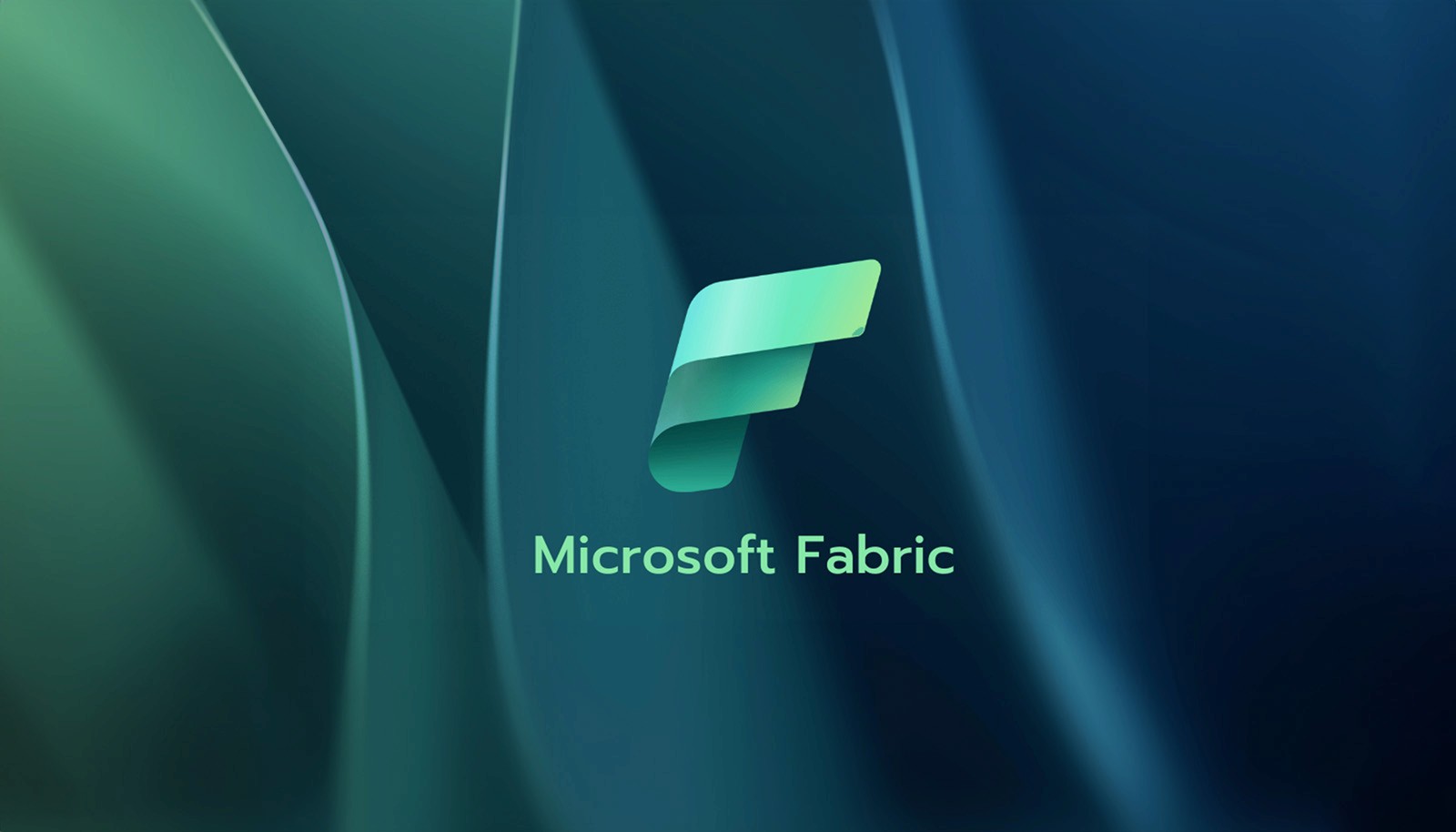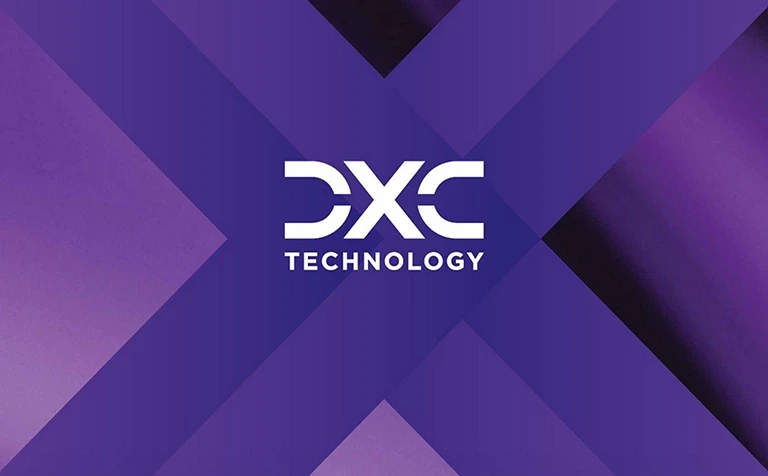Integrated Partner Solutions
Integrated Partner Solutions
The integrated Partner Solutions project implemented and leveraged Microsoft Fabric to identify midmarket opportunities by analyzing locations with existing fiber but no active circuits, while also addressing product cannibalization risks. By integrating data from Snowflake, Excel, and MySQL, the solution provided actionable insights that enhanced market expansion and reduced potential revenue loss.
Financial Impact
LIGHTRIC MOTORS
Value Justification: Streamlined data pipelines and reporting to identify new opportunities for circuits and fiber. Savings Calculation: Revenue improvement by identifying new opportunities at $5K each = $5M Additional Impact: Prevented revenue cannibalization through insights into overlapping services, reducing potential losses.
Client
AT&T Integrated Partner Solutions
Year
2024
Category
Technology Implentation



Purpose
Purpose
This project aimed to strategically leverage AT&T’s existing fiber infrastructure to identify new midmarket opportunities, focusing on locations with fiber availability but no active circuits. A key component of the initiative was using data analytics to detect potential cannibalization of existing products, reducing revenue loss and optimizing market expansion efforts. By harnessing the capabilities of Microsoft Fabric, the project sought to provide a comprehensive data solution for informed decision-making and growth.
This project aimed to strategically leverage AT&T’s existing fiber infrastructure to identify new midmarket opportunities, focusing on locations with fiber availability but no active circuits. A key component of the initiative was using data analytics to detect potential cannibalization of existing products, reducing revenue loss and optimizing market expansion efforts. By harnessing the capabilities of Microsoft Fabric, the project sought to provide a comprehensive data solution for informed decision-making and growth.
Purpose
This project aimed to strategically leverage AT&T’s existing fiber infrastructure to identify new midmarket opportunities, focusing on locations with fiber availability but no active circuits. A key component of the initiative was using data analytics to detect potential cannibalization of existing products, reducing revenue loss and optimizing market expansion efforts. By harnessing the capabilities of Microsoft Fabric, the project sought to provide a comprehensive data solution for informed decision-making and growth.
Design
Design
The design phase centered on building a scalable data architecture using Microsoft Fabric, featuring both data lakehouses and data warehouses. The solution integrated data from Snowflake, Excel, and MySQL, creating a unified platform for robust analysis. PySpark was used for complex data transformations, and data flows were implemented to streamline the ingestion and processing of large datasets. The reporting framework was tailored to identify locations with untapped fiber potential while also detecting areas of product overlap to mitigate revenue cannibalization risks.
The design phase centered on building a scalable data architecture using Microsoft Fabric, featuring both data lakehouses and data warehouses. The solution integrated data from Snowflake, Excel, and MySQL, creating a unified platform for robust analysis. PySpark was used for complex data transformations, and data flows were implemented to streamline the ingestion and processing of large datasets. The reporting framework was tailored to identify locations with untapped fiber potential while also detecting areas of product overlap to mitigate revenue cannibalization risks.
Design
The design phase centered on building a scalable data architecture using Microsoft Fabric, featuring both data lakehouses and data warehouses. The solution integrated data from Snowflake, Excel, and MySQL, creating a unified platform for robust analysis. PySpark was used for complex data transformations, and data flows were implemented to streamline the ingestion and processing of large datasets. The reporting framework was tailored to identify locations with untapped fiber potential while also detecting areas of product overlap to mitigate revenue cannibalization risks.
Development
Development
During development, end-to-end data pipelines were created using Microsoft Fabric’s advanced capabilities. Data ingestion processes sourced information from Snowflake, Excel, and MySQL, followed by efficient data transformation using PySpark. The data flows were designed to support large-scale integration into the lakehouse and warehouse structures. A comprehensive set of analytical reports was developed, focusing not only on identifying new fiber opportunities but also on analyzing the impact of product cannibalization, providing critical insights to optimize market strategy and protect existing revenue streams.
During development, end-to-end data pipelines were created using Microsoft Fabric’s advanced capabilities. Data ingestion processes sourced information from Snowflake, Excel, and MySQL, followed by efficient data transformation using PySpark. The data flows were designed to support large-scale integration into the lakehouse and warehouse structures. A comprehensive set of analytical reports was developed, focusing not only on identifying new fiber opportunities but also on analyzing the impact of product cannibalization, providing critical insights to optimize market strategy and protect existing revenue streams.
Development
During development, end-to-end data pipelines were created using Microsoft Fabric’s advanced capabilities. Data ingestion processes sourced information from Snowflake, Excel, and MySQL, followed by efficient data transformation using PySpark. The data flows were designed to support large-scale integration into the lakehouse and warehouse structures. A comprehensive set of analytical reports was developed, focusing not only on identifying new fiber opportunities but also on analyzing the impact of product cannibalization, providing critical insights to optimize market strategy and protect existing revenue streams.
Implementation
Implementation
The implementation phase successfully deployed a robust, scalable solution using Microsoft Fabric, transforming AT&T’s approach to midmarket fiber opportunities. Automated data pipelines and efficient data processing enabled a streamlined analysis, while the reporting framework delivered actionable insights into both new opportunities and potential revenue displacement due to product overlap. This project enabled AT&T to make data-driven decisions, balancing market expansion with revenue protection, and maximizing the value of its existing fiber assets.
The implementation phase successfully deployed a robust, scalable solution using Microsoft Fabric, transforming AT&T’s approach to midmarket fiber opportunities. Automated data pipelines and efficient data processing enabled a streamlined analysis, while the reporting framework delivered actionable insights into both new opportunities and potential revenue displacement due to product overlap. This project enabled AT&T to make data-driven decisions, balancing market expansion with revenue protection, and maximizing the value of its existing fiber assets.
Implementation
The implementation phase successfully deployed a robust, scalable solution using Microsoft Fabric, transforming AT&T’s approach to midmarket fiber opportunities. Automated data pipelines and efficient data processing enabled a streamlined analysis, while the reporting framework delivered actionable insights into both new opportunities and potential revenue displacement due to product overlap. This project enabled AT&T to make data-driven decisions, balancing market expansion with revenue protection, and maximizing the value of its existing fiber assets.
More Projects More Projects
More Projects More Projects

Positive Energy
AT&T Project
2018
2018

Positive Energy
AT&T Project
2018
2018

Positive Energy
AT&T Project
2018
2018

Positive Energy
AT&T Project
2018
2018

DXC Management System
AT&T Project
2012
2012

DXC Management System
AT&T Project
2012
2012

DXC Management System
AT&T Project
2012
2012

DXC Management System
AT&T Project
2012
2012
David Baird
David Baird
David Baird
David Baird
©2024 All Rights Reserved
GO BACK TO TOP
©2024 All Rights Reserved
GO BACK TO TOP
©2024 All Rights Reserved
GO BACK TO TOP
©2024 All Rights Reserved
GO BACK TO TOP
